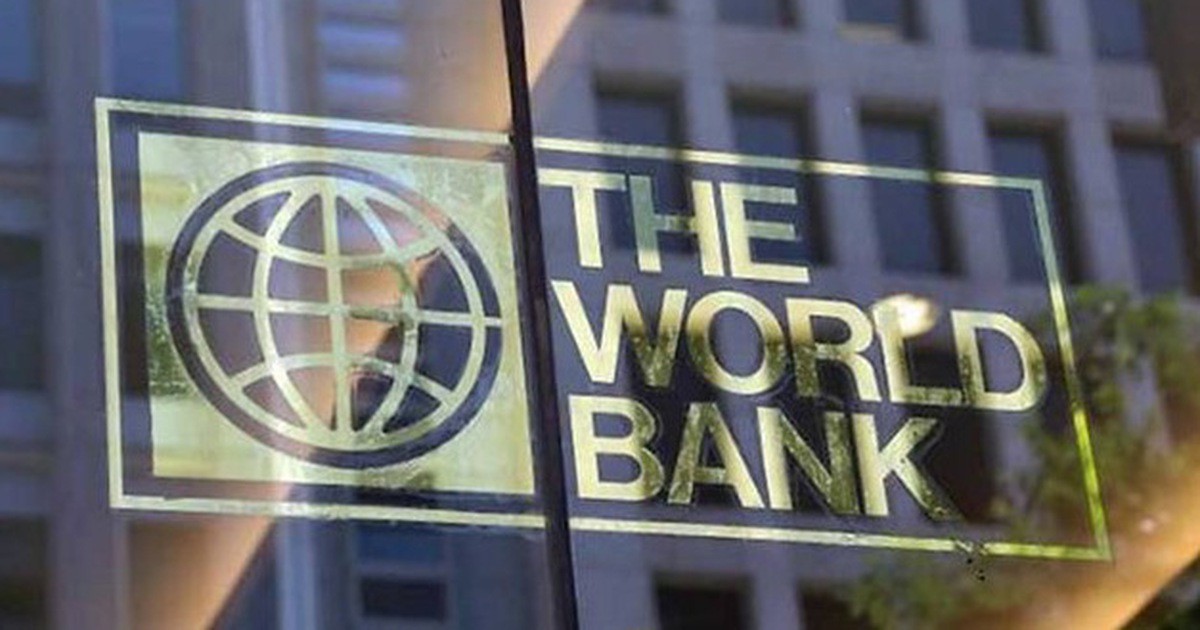The Federal Government of Nigeria has called for debt relief from the World Bank as it continues to battle the economic impacts of COVID-19 on the economy.
The request was made alongside other African countries.
The Minister of Finance from African countries stated that the debt relief should be done with the support of multilateral and bilateral financial institutions such as the International Monetary Fund, the World Bank Group, and the European Union, among others.
This, they said, would help to ensure that African countries got fiscal space required to deal with the COVID-19 crisis.
The call for debt relief was made at the end of a second virtual meeting.
The meeting, which was hosted by the Executive Secretary of the Economic Commission for Africa, Vera Songwe; and co-chaired by Minister of Finance of South Africa, Tito Mboweni, and that of Ghana Ken Ofori-Atta, was held against the backdrop of rising COVID-19 cases in Africa.
Highlights of the decisions reached at the meeting were contained in a statement issued by the ECA on Wednesday.
They said they need for a longer period for debt relief was imperative given that the global economy had entered a period of a synchronised slowdown, with recovery only expected after about 24 to 36 months.
The ministers said development partners should consider debt relief and forbearance of interest payments over a two to the three-year period for all African countries.
While calling for all possible actions to bring the spread of coronavirus under control in the short term, the ministers emphasised the urgent need for a $100bn emergency financing for COVID-19.
The statement read in part, “The ministers called for debt relief from bilateral, multilateral and commercial partners with the support of the multilateral and bilateral financial institutions such as the IMF, WBG, EU to ensure that African countries get fiscal space required to deal with the COVID-19 crisis.
“They called for a special purpose vehicle to be created to deal with all sovereign debt obligations. Substantial drops in revenue from commodity price drops coupled with increasing costs of imports is putting pressures on both inflation and the exchange rate.
“Given that the global economy has entered a period of a synchronised slowdown, with recovery only expected after about 24 to 36 months, development partners should consider debt relief and forbearance of interest payments over a two to a three-year period for all African countries.”


